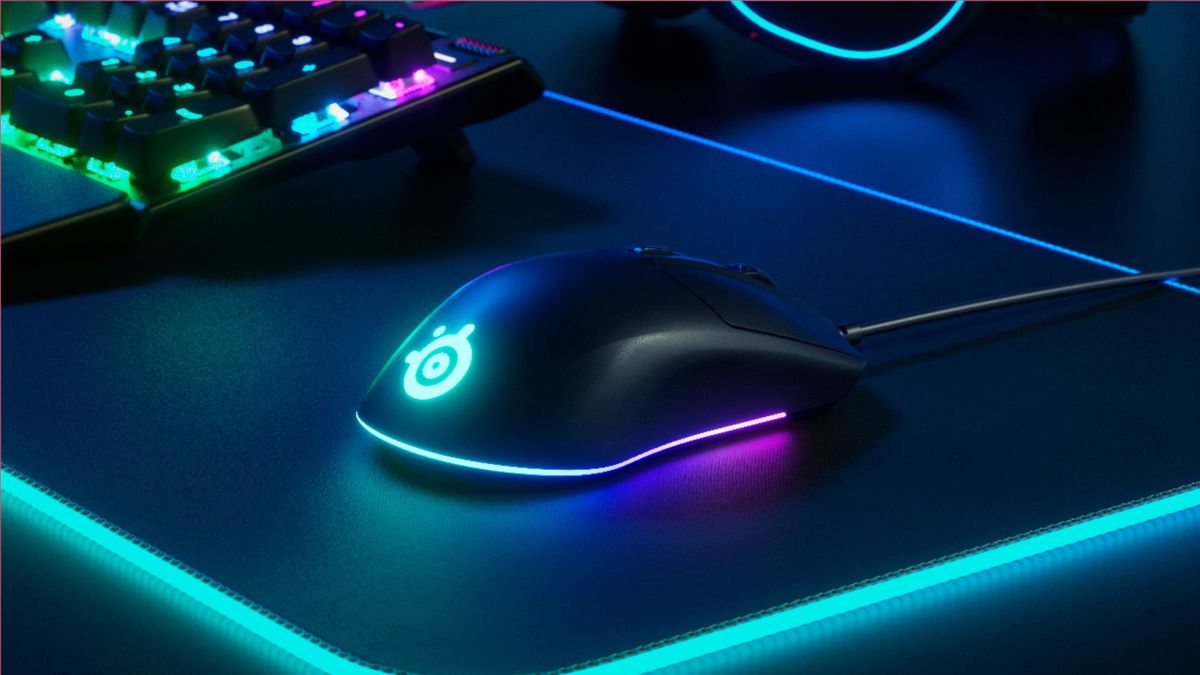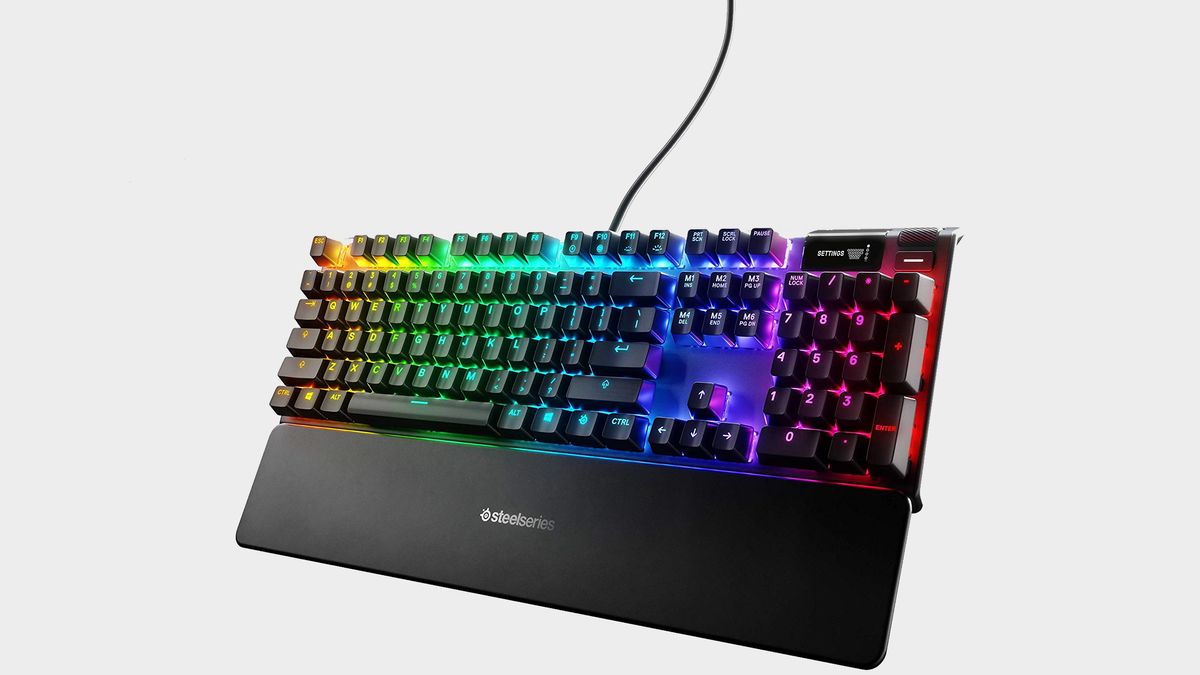Anyone that remembers playing with K’Nex sets knows how great it feels to build something you can play with. You could make cars, planes, and even rollercoasters just by snapping pieces together. That’s close to the basis of Rigonauts (opens in new tab), a quirky strategy game developed by Engient Inc., that lets you create your own pirate ship on wheels and unleash it into battle. Crafting clever contraptions may seem like fun, but soon you’ll discover a few flaws that take away from the enjoyment.
Rigonauts’ plot is rather straightforward: After stealing a ship to escape their evil overlord, a group of goblins called Hobs crashes onto an island only to find they are still in danger. Led by their fearless captain aboard their recycled boat, they must defeat every enemy that stands in the way of their freedom. This lighthearted backstory sets the tone for the game’s playfulness – you’re manning what is essentially a pirate ship on wheels, after all. The game doesn’t take itself too seriously, and its cartoony graphics and settings do a good job of complementing this feeling.
Each of the game’s levels requires you to outfit your ship with enough offensive and defensive materials to ensure victory against the enemy’s ship before it destroys yours. The game gives you many different weapons to choose from, such as cannons and lasers and defense materials made out wood, metal, and even bone, each of which is weak to certain ammo. The game never fully explains what each weapon does, how it behaves, or the benefits of using some materials over others, so you are basically left to experiment and try things out on your own. Unfortunately, despite enemy variety and a plethora of materials that become available as you progress through the game, we found that most of the 30+ levels can be quickly cleared by building the same rinse-and-repeat ships. Some of the most difficult enemies can be defeated by abusing this method, so it takes away from the fun of building different ships.
While there are plenty of things to do to prepare for battle, direct control is out of your hands once you’ve finished building. During battle, all you can do is sit back and watch the action unfold. Being a spectator feels good when you see your design choices pay off, but like any soccer fan watching a match heating up, you might start yelling at the screen when things don’t look good. Thankfully, the game lets you speed up the action or stop and go back to the drawing board whenever you want. Simply watching may not seem like fun, but the objective of the game focuses more on strategizing rather than combat, so the experience is satisfying.
During the building phase, you also scope out the enemy ship and select targets for your guns to focus on when the battle starts. However, just because your guns are aimed doesn’t mean they’ll hit their target, since you also need to factor in their trajectory and the fact that both ships are constantly moving. Your ship may be equipped with the best possible weapons, but it will shoot and move on its own, often leaving things up to chance. Many successful games feature physics-based controls, but if you remove the actual control element from the game as seen here, you are just left helplessly relying on the ship’s AI to decide whether it will approach enemy fire or run away from it. Since some weapons work better at close-range, this decision can impact how the battle plays out.

Part of the game’s strategy component also comes from figuring out the enemy’s weakness and attack patterns, so trial-and-error is involved. Many stages will include enemies that resemble giant puzzles, so you’ll need to find their Achilles’ heel to tear them to pieces. It’s a great feeling when this happens, especially when your smarts, and not factors that are out of your control, help you win. Each level also rewards you with a rating depending on how many materials you used to beat it, so the challenge to use as few materials as possible is what will have some players coming back for more, even if all you get is a feeling of self-satisfaction.
Rigonauts was one of the top-winning titles in Activision’s first Independent Games Competition and its charming concept is what makes it a winner. This is a great building game with impressive puzzle elements, but its main strategy components, tarnished by unpredictable wind-up-and-go gameplay and exploitable elements, cause it to trip and fall a few times. It’s a game with plenty of potential, but it definitely has its share of weaknesses.
 Game News Video Games Reviews & News
Game News Video Games Reviews & News



